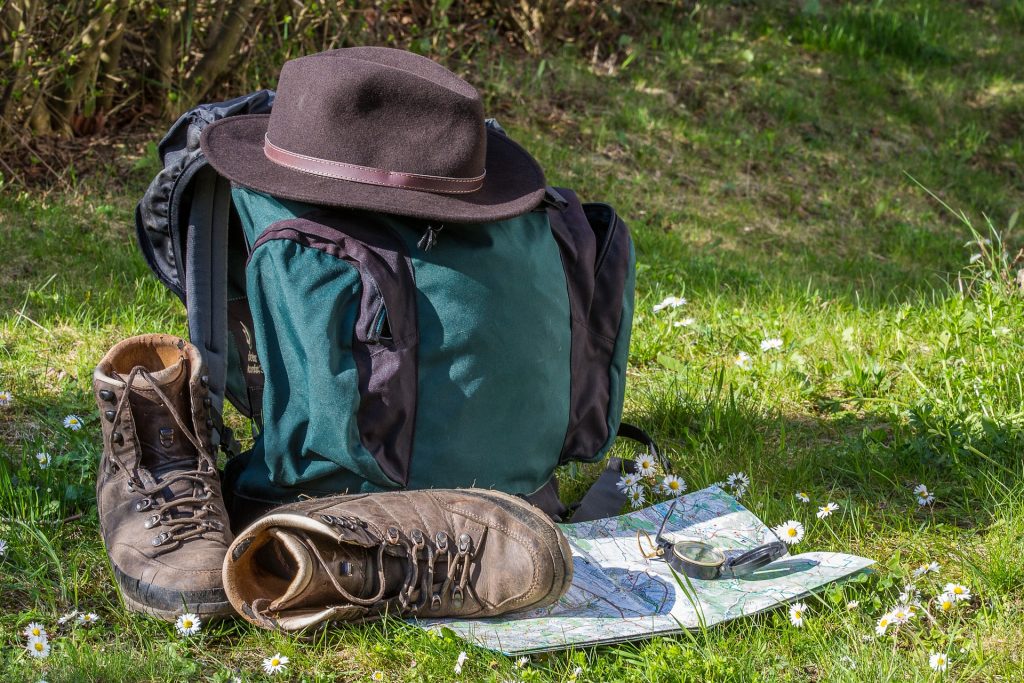 Occasionally, we all find ourselves in challenging situations. When that situation is “out in the wilds of the world without a safety net,” we only have ourselves to rely on. This is called a “self-rescue” situation.
Occasionally, we all find ourselves in challenging situations. When that situation is “out in the wilds of the world without a safety net,” we only have ourselves to rely on. This is called a “self-rescue” situation.
Of course, the best rescue is the one that no one ever needs. But, bearing in mind that help is sometimes required because of unanticipated accidents, there are some things you can do to protect yourself out-of-doors.
What Is Self Rescue?
Self-rescue is when a person engaged in a risk-taking activity such as rock-climbing, skydiving, or deep-sea diving has to be prepared to care for himself in the event of an emergency, because of the unavailability of outside assistance.
Any time that help is far away, emergency services probably won’t arrive in time to be of any use. So, for those who enjoy risky adventures, here are some important things to consider before heading out:
- Equipment: If you are going to be relying on your own equipment, you need to make sure it is properly maintained and in good condition. Whether the ropes you use to climb Everest or the scuba gear you take to the Andrea Doria, you will be completely dependent on the quality and condition of your equipment.
- Training: Having the right equipment means nothing if you don’t know how to use it. Training also means you know how to recognize symptoms of serious conditions such as altitude sickness, and what to do if you notice them.
- Medical treatment: Going alone means being prepared to take care of your health—everything from minor first aid to limb amputation. You need to have the knowledge and tools necessary to treat any kind of issue that arises.
- Emergency kit: Being one-on-one with the wilderness requires that you bring enough food, water, and warmth supplies to keep yourself alive in an emergency until you can get help.
From a preservationist viewpoint, of course, you are responsible for yourself anytime that you travel outside of the regular boundaries of emergency services. But, while you are dependent on the equipment, training, and materials you have, you do have a legitimate need to expect correct performance from those items. If you purchase equipment that has a critical failure, causing you to suffer injuries, there may be legal avenues for recovery from the maker of that equipment.
If you have questions about your injury situation, call Crowe Arnold & Majors, LLP at (214) 231-0555 for a free consultation.





